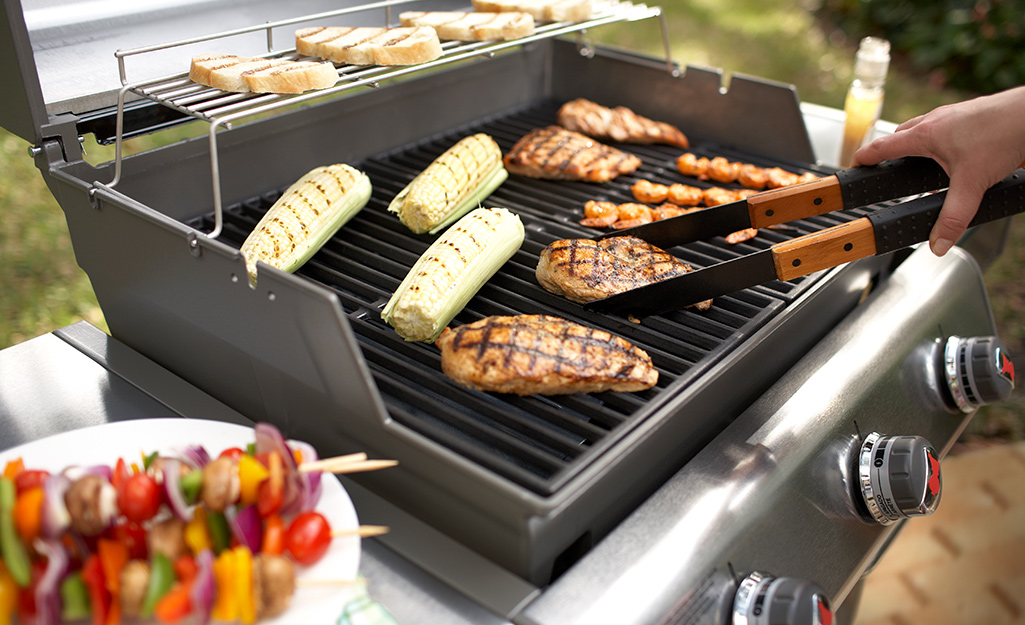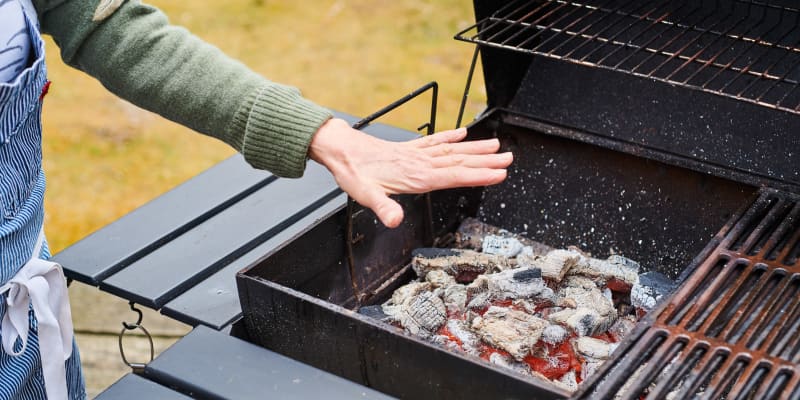Grill Grate Temperature Too High: Avoiding BBQ Blunders
Written By James Morgan
For barbecue enthusiasts, few things are as rewarding as grilling the perfect steak or burger. However, one common issue that can ruin a cookout is when the grill grate temperature too high. This problem not only affects the quality of your food but can also lead to safety hazards. Understanding how to manage your grill's temperature is crucial for achieving that ideal sear without charring your meal.
When the grill grate temperature too high, it can result in overcooked exteriors and undercooked interiors, leading to disappointment at the dinner table. To master the art of grilling, it's essential to learn how to control and adjust your grill's temperature effectively.

Why Is Grill Temperature Control Important?
Temperature control is the backbone of successful grilling. It determines how evenly and thoroughly your food cooks. High temperatures can cause food to stick, burn, or cook unevenly. Moreover, excessively high temperatures can damage the grill grates themselves, leading to long-term wear and tear.
Managing grill temperature is not just about preventing food from burning. Its about unlocking flavors, achieving perfect textures, and ensuring food safety. The right temperature ensures that meat is cooked to the correct internal temperature, eliminating any harmful bacteria.
Signs Your Grill Grate Temperature Is Too High
Knowing when your grill grate temperature too high is important for any grilling aficionado. Here are some telltale signs:
- Food is cooking too quickly on the outside while remaining raw inside.
- Grill marks turn black instead of a nice golden brown.
- Smoke becomes excessive, suggesting fat is burning off too fast.
- Grill grates become discolored or develop a warped appearance.
If you notice any of these signs, it might be time to adjust your grill's settings or reposition your food.
How to Lower Grill Grate Temperature
Adjusting the temperature of your grill can be a balancing act. Here are some strategies to lower the temperature effectively:
Adjust the Vents
For charcoal grills, the vents play a crucial role in temperature regulation. Opening the vents increases airflow and raises the heat, while closing them reduces airflow and lowers the temperature. Adjusting these vents can help maintain a consistent cooking temperature.
Reposition the Coals
In charcoal grills, moving the coals to one side creates a zone of indirect heat. This technique is particularly useful for foods that need slower cooking times.
Use a Grill Thermometer
Investing in a reliable grill thermometer can provide accurate temperature readings. Many modern grills come with built-in thermometers, but adding an additional one can offer more precision and confidence.
Preventing High Grill Temperatures
Prevention is always better than cure. Here are some tips to avoid your grill grate from getting too hot in the first place:
Preheat Properly
Preheating your grill for 10-15 minutes is sufficient for most grilling needs. Over-preheating can lead to excessively high temperatures.
Avoid Overloading the Grill
Packing too much food onto the grill can cause flare-ups and uneven heat distribution. Leave some space between items to allow for proper airflow.
Regular Maintenance
Cleaning your grill grates regularly prevents the buildup of grease and food particles, which can contribute to higher temperatures. Check out this guide on cleaning grill grates for more tips.
Common Grill Grate Issues
High temperatures can exacerbate common grill grate problems, such as popping noises or food falling through the grates. Addressing these issues can enhance your grilling experience and prevent accidents.

FAQs
What should I do if my grill grate temperature is too high?
Try adjusting the vents, repositioning the coals, or using a grill thermometer to lower the temperature. Consider moving food to a cooler part of the grill if needed.
How can I avoid my grill grates from getting too hot?
Preheat the grill for the recommended time, avoid overcrowding, and maintain regular cleaning and maintenance.
Can a grill grate get damaged from high temperatures?
Yes, consistently high temperatures can lead to warping or discoloration of the grill grates, reducing their lifespan.
For more insights on grilling techniques, visit Grilling4All where you can explore various resources and tips.



